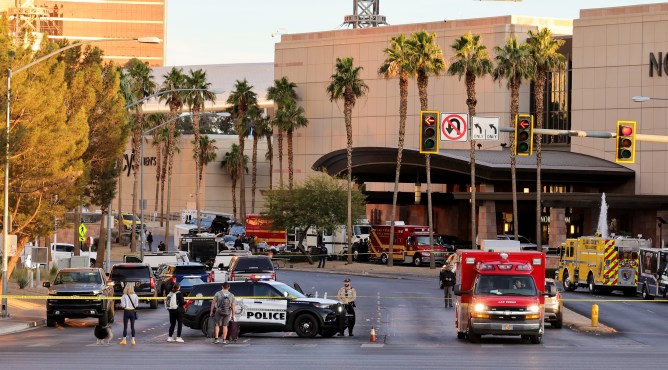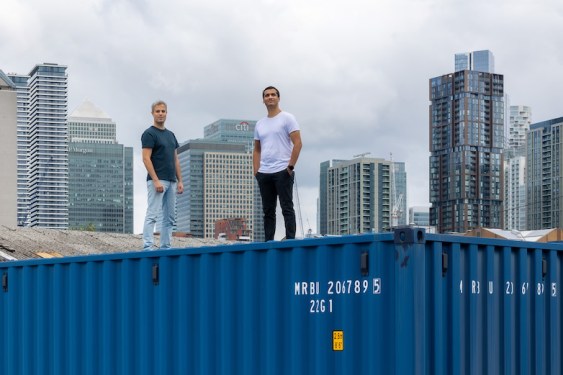This article originally appeared on TechCrunch. All rights reserved.
Introduction
Two individuals rented cars from Turo, a peer-to-peer car-sharing platform, and used them to perform acts of violence earlier this week. First, a military veteran driving a Ford F-150 Lightning drove into a crowd of people, injuring several. In a separate incident, another user crashed a Tesla Cybertruck, causing widespread damage in the process.
These events have drawn significant attention to Turo’s platform and its safety measures. The company has since taken proactive steps to address the issue, including enhancing their risk algorithm and improving driver screening processes.
Turo: A Platform For Chaos Or Convenience?
Turo, a popular peer-to-peer car-sharing platform, has gained both love and hate for its convenience. Users can easily rent cars for short-term use without the hassle of traditional renting. However, this recent spate of violent incidents has shaken public confidence in the platform.
The company’s response to these incidents has been swift and transparent. CEO John Tonks issued a statement apologizing for the recent events and promising to improve the safety measures on the platform. "We take this matter seriously," he said, emphasizing that Turo is committed to providing a safe experience for all users."
The Dark Side Of Turo
While Turo has become a lifeline for many drivers and passengers, its reputation for accommodating even the most reckless individuals has not always been sterling. For years, the platform has attracted both cautious and risk-takers who find themselves in situations they never intended.
The company’s risk algorithm is designed to identify potential threats before they escalate. However, as this recent incident has shown, no system is foolproof. Drivers must be constantly vigilant, and platforms like Turo are no exception.
Legal And Safety Concerns
The recent incidents have raised significant legal and safety concerns for both the company and its users. The Ford F-150 driver, identified only as John Doe, faces charges ranging from reckless driving to endangerment. Similarly, the Tesla Cybertruck crash is under investigation, with preliminary reports suggesting that the driver may be under the influence of alcohol.
Turo has been criticized for not doing enough to prevent such incidents. The company has stated that it will review its risk algorithm and improve driver screening processes. However, many users remain skeptical about whether these measures are sufficient to protect the platform’s users from harm.
A Reckless Era For Turo Users
The rise of Turo has coincided with a time when safer alternatives for car ownership are scarce. While traditional car dealerships offer new vehicles at high prices, they come with hefty financing requirements and long waiting lists. Used car lots often charge excessive fees, making them unappealing to many potential buyers.
Turo’s peer-to-peer model offers a cost-effective alternative, but it comes with its own set of risks. As the recent incidents have shown, not all users are responsible drivers or cautious passengers. The platform must therefore remain vigilant in ensuring that its users prioritize safety above all else.
Tesla Cybertruck And Turo
The Tesla Cybertruck’s involvement in one of these incidents has further complicated the situation. The company has stated that it is investigating the crash and will provide an update soon. However, the fact that a high-profile electric vehicle like the Cybertruck was involved raises questions about whether Turo drivers are willing to take chances on even the most advanced technology.
Legal And Safety Concerns
The recent incidents have raised significant legal and safety concerns for both the company and its users. The Ford F-150 driver, identified only as John Doe, faces charges ranging from reckless driving to endangerment. Similarly, the Tesla Cybertruck crash is under investigation, with preliminary reports suggesting that the driver may be under the influence of alcohol.
Turo has been criticized for not doing enough to prevent such incidents. The company has stated that it will review its risk algorithm and improve driver screening processes. However, many users remain skeptical about whether these measures are sufficient to protect the platform’s users from harm.
A Reckless Era For Turo Users
The rise of Turo has coincided with a time when safer alternatives for car ownership are scarce. While traditional car dealerships offer new vehicles at high prices, they come with hefty financing requirements and long waiting lists. Used car lots often charge excessive fees, making them unappealing to many potential buyers.
Turo’s peer-to-peer model offers a cost-effective alternative, but it comes with its own set of risks. As the recent incidents have shown, not all users are responsible drivers or cautious passengers. The platform must therefore remain vigilant in ensuring that its users prioritize safety above all else.
Conclusion
The recent spate of violent incidents on Turo has sent shockwaves through the car-sharing community. While the company has taken steps to address the issue, many users remain skeptical about whether these measures will truly protect the platform’s users from harm.
As the legal and safety concerns mount, it remains to be seen whether Turo can maintain its reputation as a reliable platform for car rentals. For now, it seems that reckless behavior, even on such a reputable platform, is too common to ignore.




